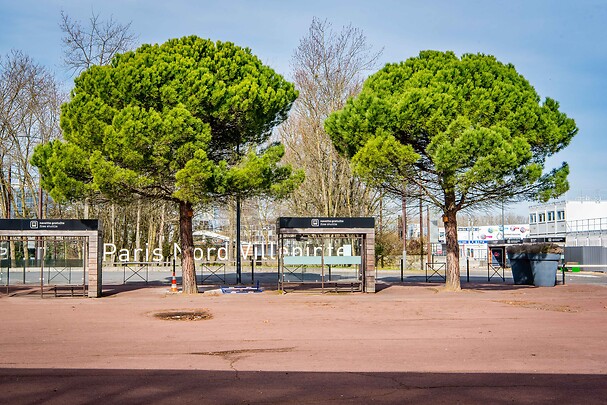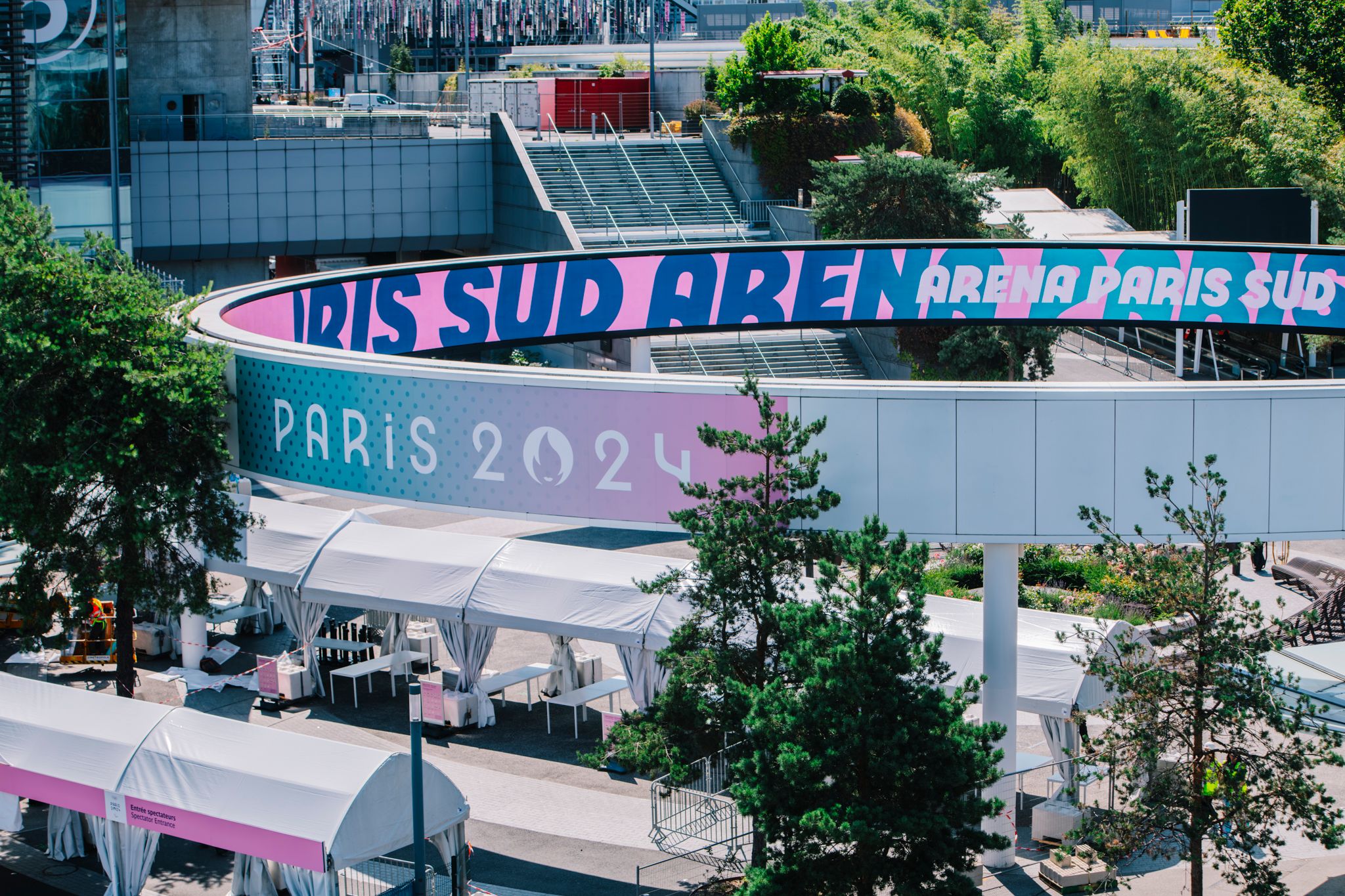
7.26.2024
8.26.2024
The Olympic and Paralympic Games Paris 2024 represent a genuine opportunity for technical and scientific progress, thanks to the multitude of economic players involved and the massive investment devoted to them. Every four years, Olympism is a big innovation driver, with the goal of delivering ever more modern and ambitious Games.

Destination Paris is certainly not a new development for the history of the Olympics, but it certainly is for the Paralympics, which had not been hosted by the French capital before. The last time Paris was home to the Olympics was 100 years ago, while the Paralympic Games were first held in Rome in 1960.
Paris 2024 thus wishes to raise the bar for inclusion, both in terms of the representation of athletes and in the sporting disciplines laid on. With the introduction of new events such as breaking, kiteboarding and canoe slalom, and mixed categories in shooting and athletics, Paris 2024 has started to reflect new generations of sportspeople.
The Paris 2024 Olympic and Paralympic games are also the first in history to have the same number of women as men competing in the events. This total parity is a nod to the 1900 Olympics, also held in Paris, where women were allowed to compete for the first time. It’s as if Paris and Olympism always come together to bring new innovation.
As previously mentioned, the teams at Paris 2024 are future-focussed, and more specifically in the area of urban development. Solideo, the Olympic infrastructure delivery body, with the support of the French government, is resolutely committed to developing facilities with a low carbon footprint and intended for a second life once the competitions are over. The project around the Olympic and Paralympic Village district was therefore built in the perspective of imagining the city of the future.
The Olympic and Paralympic Village has seen the emergence of solutions that are aimed at being innovative for the athletes, but also for the future residents who will be moving in after the Games. The estate’s dwellings, their structure, insulation, facades and floors are mainly made of wood, and the concrete used for the slab floors is “ultra-low carbon”, saving the equivalent of 5,000 tonnes of carbon dioxide compared with conventional methods. Among them, one can observe a 26-dwelling building christened Cycle, aptly named, since its goal will be to use up to 60% less drinking water!
Beyond technical progress, the Olympic quarter brings nature into its ecosystem to make life not only more sustainable but also more pleasant.
All promising innovations for the cities of the future!
With more than 15 million visitors expected for this 33rd edition of the Olympic and Paralympic Games, the question of transport and traffic in a city as dense as Paris is also high up on the list of priorities.
To meet this sizeable challenge, innovations of all natures and designed to meet a range of needs have been implemented. To make the journeys of Paris Region residents greener, a 400-km Olympic cycling network has been designed, and 20,000 secure bike parking spaces have been installed all over the Paris Region. In terms of special needs, a fleet of 200 shuttles and 1,000 taxis for people with reduced mobility has been deployed.
At Paris-CDG airport, the security teams are testing new 3D scanners to save passengers the trouble of removing liquids and electronic devices from their hand luggage.
These innovative modes of transport are accompanied by technological progress in the area of media activity at the Paris 2024 Games. With behind-the-scenes glimpses, reports before and after the competition, and interviews with athletes and trainers, more than 11,000 hours of content is expected to be on offer to the watching public!
Olympic Broadcasting Services (OBS) will also be adopting cinematic lenses for the first time, offering a unique experience to bring the magic of sport to fans’ screens in a way that has never been seen before.
The disruptive spirit deployed by the Paris Olympic and Paralympic Games is also rooted in the Viparis DNA. In 2018, we co-founded French Event Booster, the first innovation platform dedicated to the event management sector, which acts as an incubator for start-ups, weaving positive synergies between industry players.
In fact, 20% of the start-ups incubated by French Event Booster are mobilised for the Paris 2024 Olympic and Paralympic Games. The Paris 2024 Games have become a genuine springboard for these start-ups who will be able to take advantage of this new playground to introduce innovations revolving around CSR, the visitor experience, or hospitality.
We are also launching calls for projects with the goal of transforming our venues into research laboratories designed to test ideas in real life conditions to make the city of Paris and its surroundings even more appealing.
Paris 2024 is therefore changing the rules of the Games when it comes to technical technological and sustainable innovation, and has no shortage of resources to impress us all!
Interested in finding out more? In our next article, we'll be looking at the heritage of these ecological and innovative ambitions for the Paris 2024 Olympic and Paralympic Games, so stay tuned! [and sign up to our newsletter!]